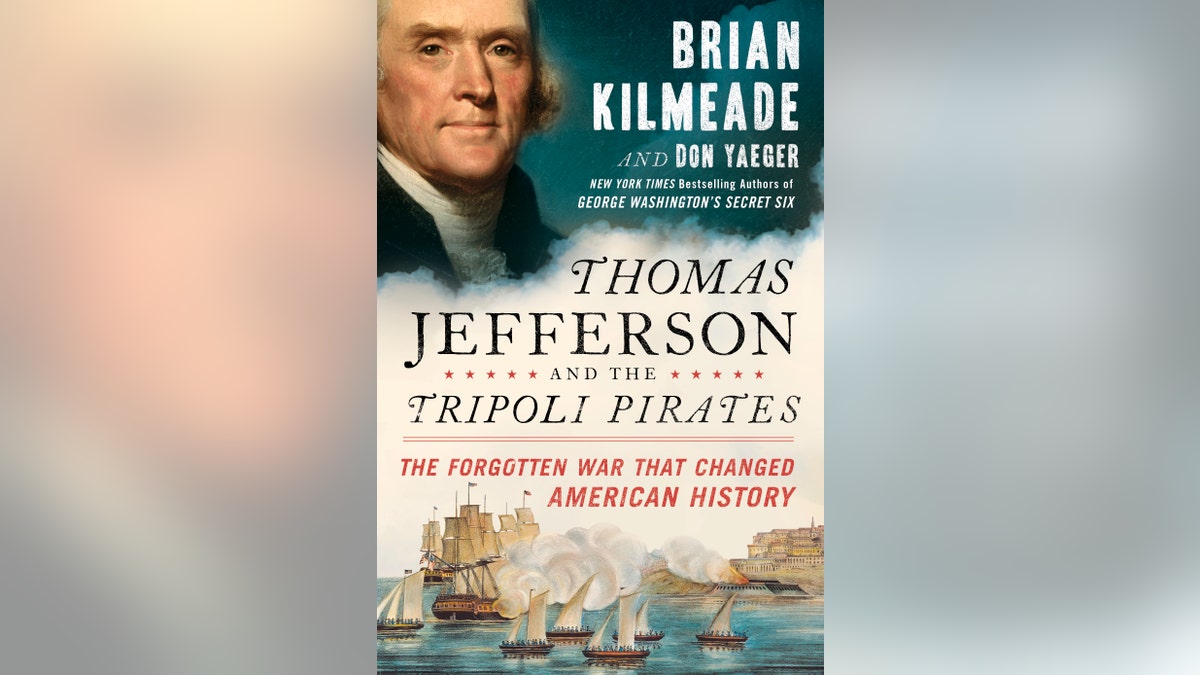
This recent headline was chilling: "As USS Theodore Roosevelt exits, U.S. has no carriers in Persian Gulf." For the first time in eight years, America doesn't have an aircraft carrier in the body of water closest to the world's worst trouble spots. It will take at least several months to deploy a replacement carrier.
Meanwhile, tensions continue to increase across the region, with Russian military involvement in Syria, ongoing fighting in Iraq, and a civil war in Yemen. In other words, just as the Middle East and North Africa are more volatile and uncertain than ever, America is dramatically reducing its visible military presence.
How ironic that our withdrawn carrier was named for the president who urged America to "Speak softly and carry a big stick." The Obama administration's motto appears to be the opposite of TR's -- "Take your stick home and leave your allies to fend for themselves."
The Rough Rider wasn't the first president who understood the importance of a strong peacetime military, even when budgets are tight. President George Washington made it a priority to invest in warships in the 1790s, when the new nation was still on shaky fiscal ground.
As early as 1784, no longer protected by the Royal Navy, our new nation faced a threat from the Islamic states of North Africa -- Tripoli, Morocco, Tunis, and Algiers. They took advantage of America's lack of a navy, sending pirates to routinely hijack our merchant ships and enslave their crews. The radical leaders of those "Barbary States" demanded outrageous ransom and tribute payments, and felt no remorse for abusing or killing Christian sailors on religious grounds.
President Washington used the new country's limited resources to build state-of-the-art warships like the USS Constitution (which you can still visit today in Boston Harbor). By 1801, when Thomas Jefferson became president, the U.S. Navy was strong enough that he could confront the extortion and barbarism of those Islamic states. Our success in the Barbary Wars (1801-15) would launch America on the path to future superpower status.
Just as George Washington couldn't allow the Barbary pirates to go unchecked, we can't allow our Navy to weaken to the point that no substitute carrier was available to relieve the Theodore Roosevelt.
Of course, it has always been expensive to build, maintain, and staff a powerful navy. In 1794, the Act to Provide a Naval Armament appropriated the immense sum of $688,888. In 2016, our newest aircraft carrier, the USS Gerald R. Ford, will cost a staggering $13 billion. But just as George Washington couldn't allow the Barbary pirates to go unchecked, we can't allow our Navy to weaken to the point that no substitute carrier was available to relieve the Theodore Roosevelt.
Much has changed in 200 years, though not the bravery of our troops -- or the mindset of Islamic extremists. In Jefferson's day, they refused to engage in diplomacy unless it was backed up by visible power. And today, how will we see ISIS respond to the departure of our aircraft carrier, along with our premature withdrawal from Iraq?
We've been sporadically bombing ISIS for a year, with no visible progress. We bombed Libya and encouraged a revolution against Qaddafi, but then did nothing to fill the vacuum, leading to bigger problems. In the Obama era, half measures and mixed messages have damaged both our global reputation and our national security.
Americans never want to go to war, but the best way to establish peace is to demonstrate that we're ready, willing, and able to defend our interests and allies. Washington, Jefferson, and James Madison -- the three presidents who drove our success in the Barbary Wars -- understood the importance of standing up to intimidation. Democrats like Harry Truman and JFK understood it. Why can't President Obama?
Let's invest the resources to make sure our military is always fully prepared to do whatever our national security requires. And let's learn the lessons of history when it comes to what works and what doesn't in confronting radical Islamists.








































